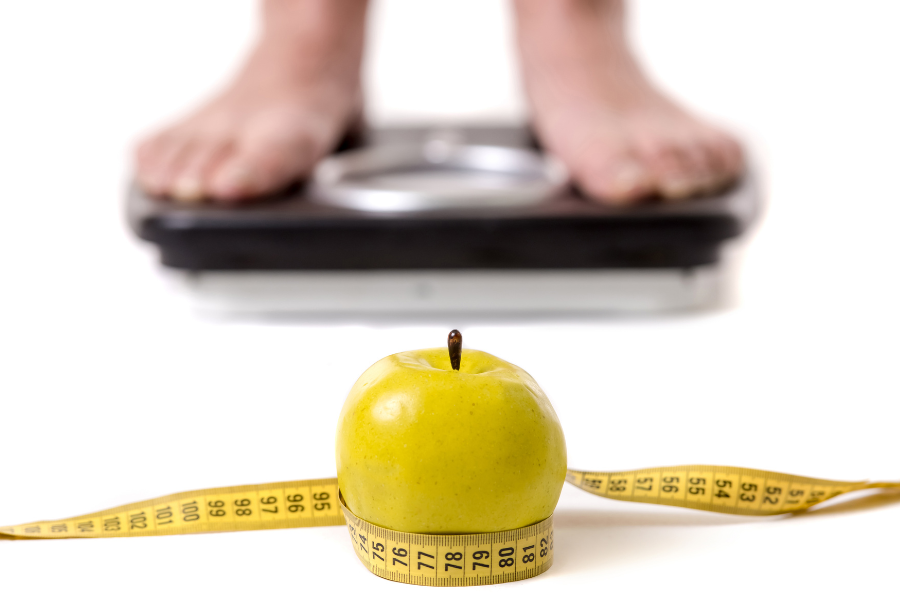Countless people want to lose weight and most importantly keep it off. We’ve seen them all — and maybe you see yourself on this list — if you’ve ever been a…
- yo-yo dieter
- fad diet dieter
- calorie counter
- diet pill dieter
- ‘hangry’ dieter
- scale obsessed dieter
- all or nothing dieter
- crash dieter
What do these ways of dieting have in common? They’re not sustainable, and the weight comes right back.
So, how do you lose weight, feel good, and keep it off?
Start with shifting your mindset from ‘diets’ to lifestyle changes. Understanding how your body works will guide your new choices, so you’ll finally meet that weight loss goal and stay there.
The key is surprisingly simple: learn to maintain balanced blood sugar levels.
Blood sugar is the amount of glucose circulating in the blood that either provides instant energy to the cells or gets stored for future use. Glucose is sugar that you receive from carbohydrates like fruit, grains (bread, pasta, cereal), beans, and vegetables (starchy and non-starchy). Insulin is a hormone, produced by the pancreas that regulates glucose in the blood. Too much glucose leads to high blood sugar levels and insulin spikes, and when insulin spikes, you store fat, period.
Ideally, blood sugar levels should remain constant throughout the day as ups and downs are not healthy in the long term, and can also be the underlying cause of fatigue and even anxiety.
Not all foods have the same impact on blood sugar levels and insulin. Using a credible glycemic index (GI) chart (online or download an app) is a great way to measure this impact of a portion of food. The glycemic index is a carbohydrate ranking scale that ranks food from low GI at 0, to high GI at 100 based on how quickly a food raises your blood sugar. Preferably, you want to stay at 55 or below, though medium GI foods (56-69) can be eaten occasionally and preferably with protein or healthy fats to dull the glycemic effect.
Contact us to get your testing done today!





Add Comment